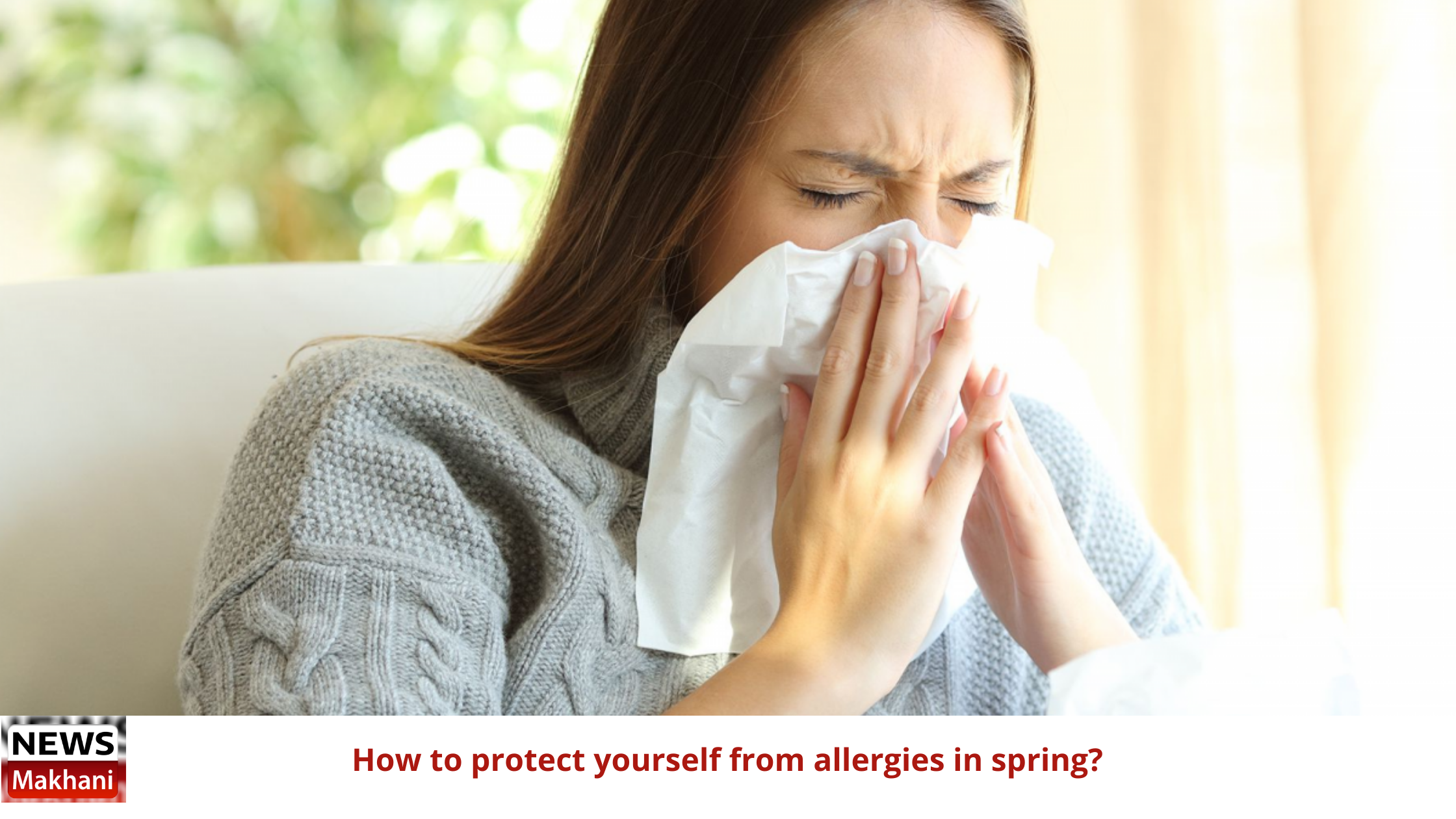Spring is known as the season of beauty. But besides this, it is also the season of sneezing and coughing. So how can you protect yourself from allergies in spring?
An allergy is an immune reaction to an alien body. So, when the antibodies of the immune system react, the body produces histamines which cause the symptoms associated with allergies.
Dr Pooja Chaudhary, wellness consultant, Healthians, says, “When our body has an immune reaction as it gets exposed to different types of allergens, it forms allergy-specific antibodies (immunoglobulins). These antibodies settle down on the cells present in our eyes, lungs, nose, and skin.” Most people have also developed a genetic disposition towards allergies from their parents. Dr Anil Mehta, general physician, Lybrate, says, “Since these air-pollinated pollens are very light, they can remain airborne for a long time. You don’t have to go near a flower to get a runny nose or an itchy eye, because pollens can travel for miles through air.”
Symptoms of an allergic reaction include coughing and sneezing, a runny nose, watery eyes or irritation under the eyes and nose. Your eyes may also appear swollen and form dark circles under the eyeball. Sudden change in temperature may make these symptoms worse as flora multiplies with the availability of water.
Sinusitis can cause feeling facial pressure and pain around the nose, cheeks, jaws and ears, and greenish or yellow discharge from the nose. Sinusitis is referred to as bad cold which precedes infection, irritation and can cause pain in nose, teeth, eyes, forehead etc. This can further lead to fever, body pain, and fatigue. These symptoms are not often seen in allergies.
A simple skin test that involves pricking the surface with a tiny shot of a particular allergen can help identify what you are allergic to. Advanced imaging techniques such as CT-Scan, X-rays and MRIs can be done to check for sinus infections, polyps, any structural damage to the nose or cancer.
Some precautions you can take to not fall into the yearly trap is to avoid exercising outside, wear a mask, especially while doing any work outdoors, and take a shower and change your clothes once you are back home. Using a nasal gel or nasal spray to help clear your cold and use a anti-allergic laundry detergent to wash cloths or dip clothes in antiseptic liquid after washing can help. If allergy symptoms persist, get yourself evaluated for allergen immunotherapy.
How to ease allergic symptoms?
- Consume walnuts and flax seeds, cashew nuts and wheat bran.
- Eat Citrus fruits such as oranges and lemons.
- Consume anti-histamines found in onions, peppers, berries and parsley.
- Eat antioxidant rich coloured fruits and vegetables such as pomegranate, red berries, grapes, broccoli and cabbage.
- Intake Omega 3 fatty acids such as fish.
- Use jaggery instead of sugar.
- Stay hydrated.
- Avoid smoking.
- Check if you are allergic to milk, eggs, peanuts, wheat, soy, fish, etc.
- Consume Turmeric, avocado, beans, green vegetables, red bell peppers, green tea, citrus fruits, tomatoes and pear to boost your immune system and alleviate sinusitis.

 हिंदी
हिंदी






